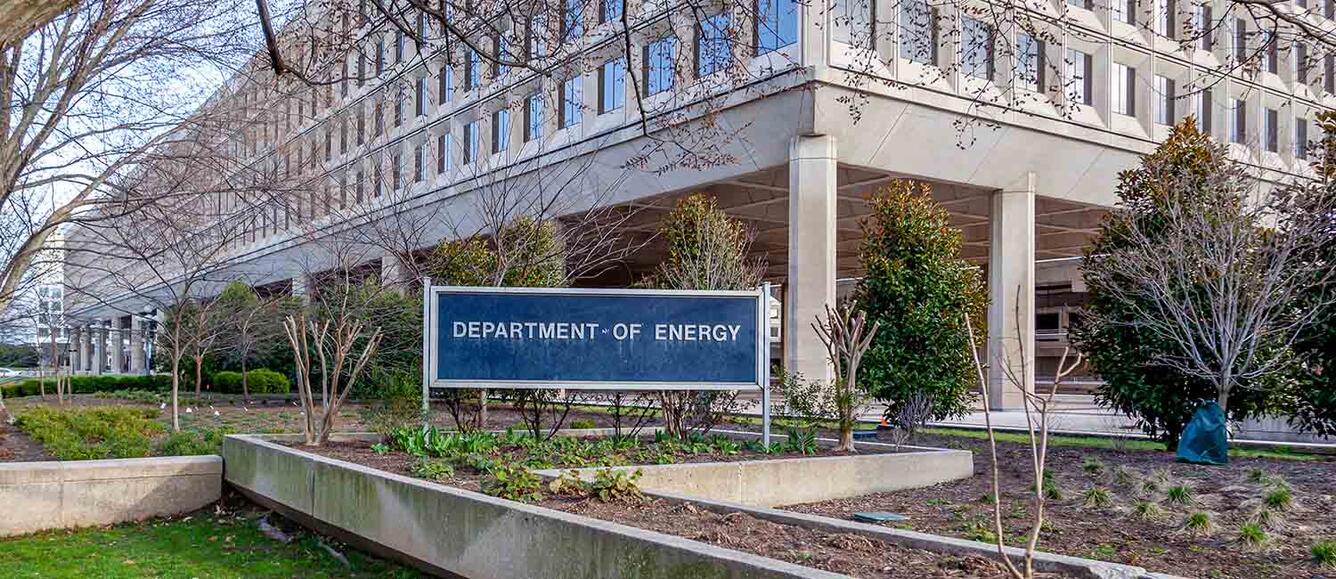A group of over 85 scientists has issued a joint rebuttal to the recent climate change report published by the U.S. Department of Energy (DOE), pointing out multiple errors and misrepresentations of climate science.
Allegations of Bias in the Report’s Creation
The report has emerged amid growing controversy. Weeks earlier, organizations such as the Union of Concerned Scientists and the Environmental Defense Fund sued the Trump administration, accusing Energy Secretary Chris Wright of secretly assembling a team of experts who question the scientific consensus on climate change. The lawsuit claims that this group was tasked with drafting the report in a confidential manner, which allegedly violated legal principles concerning transparency and scientific diversity.
Major Errors in the Report
One of the main criticisms is that the DOE’s authors omitted or distorted crucial aspects of climate science. A notable example is the claim that rising carbon dioxide could be a “net benefit” to U.S. agriculture, neglecting the negative impacts of increased heat and extreme weather events driven by climate change.
Furthermore, the report asserts that there is no evidence of more intense “meteorological” droughts in the U.S. or globally, a claim widely refuted by experts. Several scientists point out that while low rainfall is a key factor, higher temperatures and increased evaporation also contribute to worsening droughts.
Political Concerns Surrounding the Report’s Use
The DOE report has been cited multiple times by the Environmental Protection Agency (EPA) in its proposal to roll back climate pollution regulations, particularly concerning emissions from coal and gas-fired power plants, vehicles, and methane emissions from the oil and gas industry.
John Cook, a climate change researcher at the University of Melbourne, noted that the report appears to serve as a basis for justifying the rollback of climate policies. “The DOE report argues that climate change is not a major threat, so we don’t need to act. It’s always about delaying action and maintaining the status quo,” he explained.
The Importance of Objective Review and Science
Despite the criticism, DOE officials have stated they are open to correcting any errors following the open-comment period. Travis Fisher, director of energy policy at the Cato Institute, expressed willingness to review the feedback, emphasizing the importance of addressing all comments. However, the debate over the validity of the report and its political implications continues to be a key issue in the climate change discussion in the U.S.







